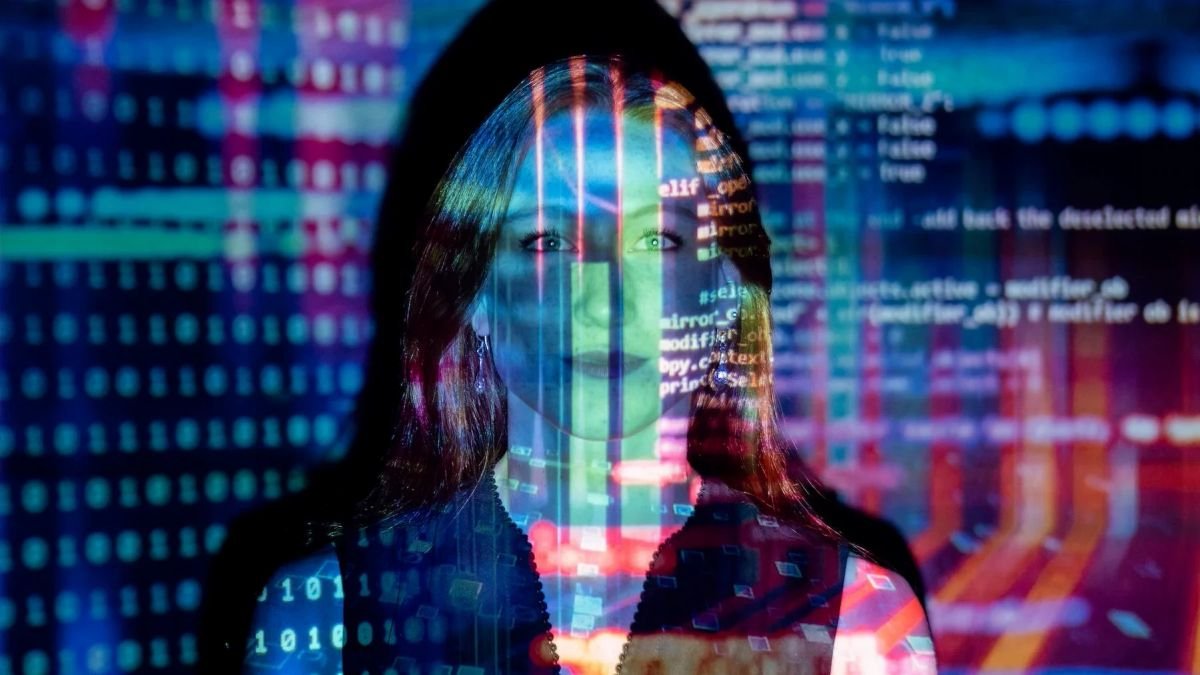Anne Neuberger, the U.S. government’s deputy national security advisor for cyber and emerging technology, stated that “cybersecurity is a race between offence and defence.”

In response to hackers’ increasing use of the technology for nefarious ends, the White House announced on Wednesday that it had started a multimillion-dollar cyber contest to encourage the use of artificial intelligence (AI) to find and fix security flaws in U.S. government infrastructure.
Anne Neuberger, the U.S. government’s deputy national security advisor for cyber and emerging technology, stated that “cybersecurity is a race between offence and defence.”
In a statement to Reuters, she continued, “We know malicious actors are already using AI to accelerate identifying vulnerabilities or build malicious software.”
Officials have issued warnings about upcoming threats, particularly from foreign adversaries, after numerous U.S. organisations, including healthcare organisations, manufacturing companies, and government institutions, have been targets of hacking attacks in recent years.
Neuberger’s remarks about AI are similar to those made last month by Samy Khoury, Canada’s cybersecurity chief. He claimed that his organisation had observed AI being used for everything from disinformation campaigns to writing malicious computer code and phishing emails.
The Defense Advanced Research Projects Agency (DARPA), the U.S. government agency in charge of developing technologies for national security, will oversee the two-year cyber contest, which will have rewards worth about $20 million, according to the White House.
The U.S. technology companies at the forefront of the AI revolution—Alphabet’s Google (GOOGL.O), Anthropic, Microsoft (MSFT.O), and OpenAI—will make their systems available for the challenge, the government announced.
The competition represents formal efforts to address a new threat that experts are still trying to fully understand. U.S. companies have introduced a variety of generative AI tools over the past year, like ChatGPT, which enable users to produce convincing videos, images, texts, and computer code. To catch up, Chinese businesses have introduced comparable models.
Such tools, according to experts, could make it much simpler to carry out activities like mass hacking campaigns or make fictitious social media profiles to disseminate false information and propaganda.
With the DARPA AI challenge, “our goal is to catalyse a larger community of cyber defenders who use the participating AI models to race faster – using generative AI to bolster our cyber defences,” said Neuberger.
The winning software code will be put to use immediately under the supervision of the Open Source Security Foundation (OpenSSF), a U.S. organisation of experts working to enhance open source software security, according to the U.S. government.